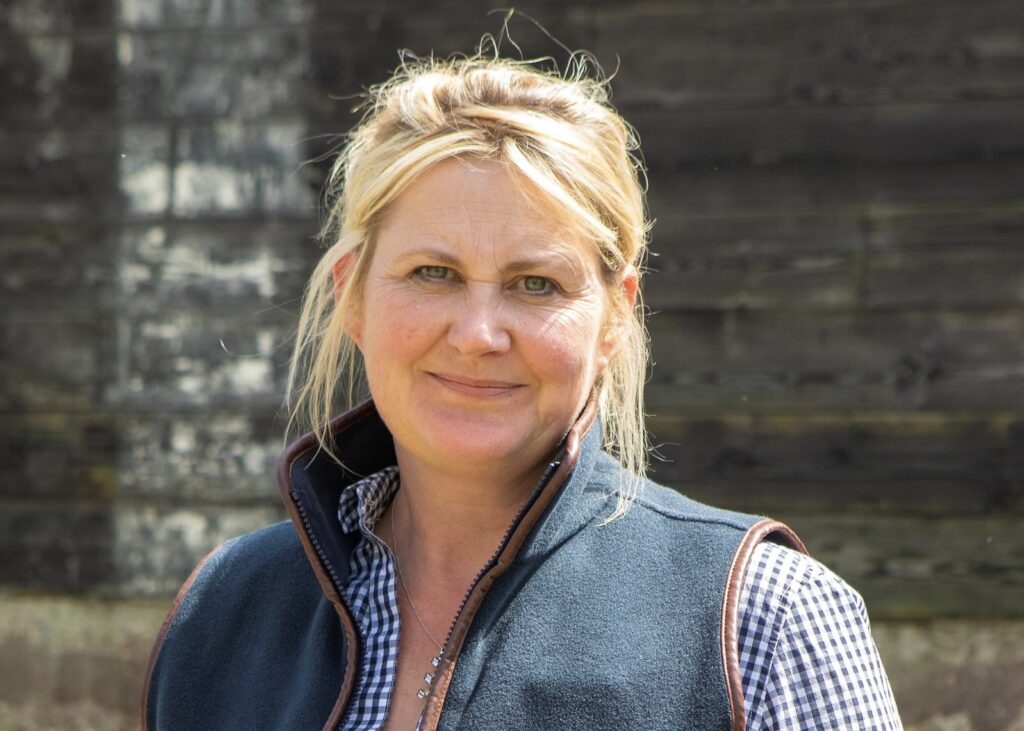Lisa Hambly – Head of Grassland & Forage Agronomy at Mole Valley Farmers
Having started my career at Dalgety Agriculture too many years ago, I was hooked. Farming is so diverse, and there are many opportunities available from a nutritionist to an agronomist. I tried on a few different hats and was lucky enough to have support from some great people along the way. When I realised that I loved growing things and helping people do the best job possible, I decided to focus on agronomy.
Working within the sector based in the West Country helped me understand the benefits of organic manures and how they seemed to help crops grow quickly and require fewer inputs. However, when the crop grows well, so do the weeds. Feeling the need to develop my understanding of this, I was lucky enough to get a chance to work in the arable sector as an agronomist.
Seeing many soils struggling to support a crop was a revelation for me. This spurred my interest in soil health and what it means for not only the environment but also crop, animal, and human health. Challenging conventional practices has been an ongoing theme because doing things the same way and expecting different results is not an option. This comes with its challenges.
With SFI’s now encouraging new (or old?) farming practices focused on soil health, we are all learning something new. Could forage crops become a bigger part of arable farming? This would lead to integration with livestock management becoming another sought-after skill because there would be multiple species both in and above ground level.
Rotation of both crops and animals is key, and thinking outside the box will help us become more resilient to climate change being more efficient with our soil resources by reducing reliance on purchased materials for crop production as well as animal production. Working smarter with what we already have by increasing soil health and biology will bring improvements in both crop yield/productivity as well as profitability.
With cuts in BPS payments challenging low input farming systems, choosing multi-species mixtures wisely can enhance yields especially where regular reseeding programs have not been implemented before introducing new species that are more tolerant during dry periods when traditional rye grass producing dry matter yield.
In light of challenging weather conditions and economic factors’ increase, laying down good foundations becomes essential which means taking care of soils by avoiding compaction whenever possible or alleviating it if it occurs; feeding crops appropriately without under or overfeeding; matching soil available nutrition with crop requirements including micronutrients; ensuring longevity for maximum yield.
Using technology aids decision making since there’s so much daily work involved that making informed decisions becomes critical for success – from predicting weather conditions up until testing plant tissues at laboratories – all these contribute towards increasing success while saving valuable labour hours.
With all these changes happening within farming systems nowadays, getting help advice becomes vital because everyone is constantly learning something new! So don’t hesitate to go out there talk with others about their successes or even “experiments that maybe did not work out as expected”. Every farm is unique which makes UK agriculture fantastic – no two days or hours are ever alike! But when we communicate share knowledge, we can truly make a difference!


